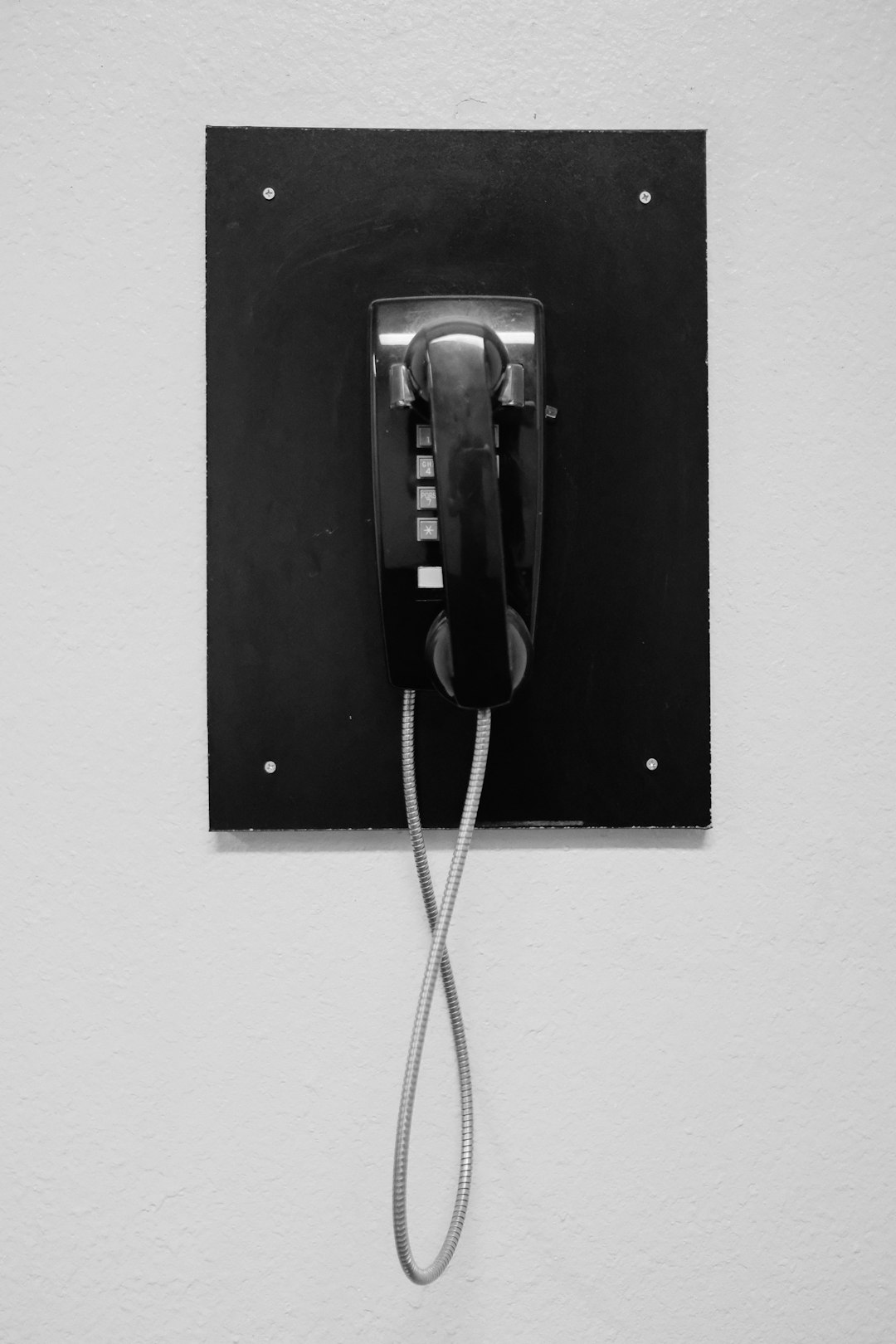A new Kansas law caps collection fees at 15%, shifting debt collection dynamics and promoting fairness. This change encourages ethical practices and requires debt collectors to build long-term relationships with debtors. Debtors enjoy protections against excessive fees and abusive practices, with specific rights and guidelines outlined by Kansas law. Selecting a qualified lawyer for debt collector laws in Kansas is crucial for navigating these regulations and ensuring the protection of one's rights.
In Kansas, debt collection practices are subject to state laws that cap collection fees at a fair 15%. This change aims to protect consumers from excessive charges. Understanding these regulations is crucial for both debtors and those seeking legal counsel. This article explores the impact of this law on debt recovery, debtor rights, and offers guidance on choosing a lawyer specialized in Kansas debt collector laws.
Kansas Law Caps Collection Fees at 15%

In Kansas, the law caps collection fees at a remarkable 15%. This means that debt collectors operating within the state must adhere to this strict limit on the additional charges they can impose on consumers seeking to resolve their debts. The implementation of this rule is a significant victory for borrowers, ensuring they don’t face excessive or unfair costs when attempting to catch up on payments.
This policy change has substantial implications for both debt collectors and individuals struggling with debt. It encourages responsible collection practices by debt lawyers in Kansas, who must now focus on finding mutually beneficial solutions without resorting to excessive fees. For consumers, it provides a layer of protection, promoting transparency and fairness throughout the debt repayment process.
Understanding Debt Collector Regulations

Understanding Debt Collector Regulations in Kansas is crucial for both debt collectors and consumers. The state has implemented laws to protect debtors from excessive or unfair collection practices, ensuring a balanced approach to debt recovery. According to Kansas law, collection agencies are capped at charging 15% of the total debt amount as fees. This includes various charges associated with the collection process, such as processing fees, late payment penalties, and notification costs.
Hiring a lawyer specializing in debt collector laws in Kansas can provide valuable insights into these regulations. Legal experts can guide both debtors facing aggressive collections and collectors aiming to adhere to state guidelines. They ensure that all parties involved understand their rights and responsibilities, fostering a fair and transparent debt collection environment.
The Impact on Debt Recovery Practices

In Kansas, the new law limiting collection fees to 15 percent has significantly impacted debt recovery practices. This regulatory change encourages ethical and transparent collection methods by restricting excessive charges that were previously common in the industry. As a result, many debt collectors are now reassessing their strategies, focusing on building long-term relationships with debtors rather than relying solely on high fees to turn a profit.
For those seeking legal guidance regarding debt collection issues in Kansas, consulting with an experienced lawyer for debt collector laws is more crucial than ever. These legal professionals can help both debtors and collectors navigate the new regulatory landscape, ensuring compliance and promoting fair practices. The impact of this change extends beyond individual cases; it’s reshaping the overall approach to debt recovery across the state, fostering a more equitable and just system for all involved parties.
Rights of Debtors Under Kansas Law

Under Kansas law, debtors enjoy significant rights that protect them from excessive or unfair collection practices. One of the key provisions is the limitation on collection fees, which is capped at 15 percent of the total debt. This means that if a debtor owes $1000, the maximum fee a creditor can charge for collecting this amount is $150. Such a cap ensures debtors aren’t burdened with exorbitant charges, promoting fair and transparent collections processes.
Additionally, Kansas law mandates that debt collectors obtain written confirmation of the debt’s accuracy from the creditor before initiating contact with the debtor. This includes providing specific information about the debt, such as the amount owed, the name of the original creditor, and when the debt was incurred. Debtors also have the right to dispute the validity or amount of a debt within 30 days of receiving written notice. This provides debtors with leverage against potentially inaccurate or inflated claims from collection agencies, giving them recourse if they believe the charges are unfair. For any violations of these rights, a debtor may seek legal redress with the assistance of a lawyer for debt collectors in Kansas.
Choosing a Lawyer for Debt Issues

When dealing with debt issues, selecting the right lawyer for debt collector is a crucial step. In Kansas, where collection fees are capped at 15 percent, it’s essential to find an attorney who understands both state laws and consumer rights. This professional should be well-versed in representing clients against abusive collection practices, ensuring fair treatment throughout the process.
Looking for a lawyer for debt collector in Kansas? Consider someone with experience navigating complex legal matters related to debt collection. They should offer personalized advice tailored to your situation, whether it’s negotiating with creditors or disputing invalid claims. Their expertise can help protect your rights and secure a favorable outcome.






